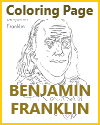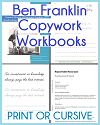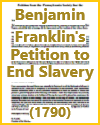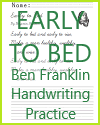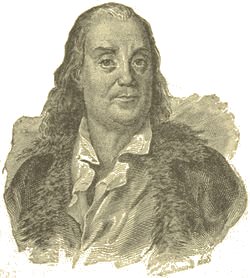 Benjamin Franklin, born on January 17, 1706, in Boston, Massachusetts, was a polymath whose contributions spanned multiple fields, including science, politics, literature, and diplomacy. Franklin's early life was marked by self-education and entrepreneurial spirit. He apprenticed under his brother James, a printer, which introduced him to the world of publishing and literature. By 1729, Franklin had established his own printing business in Philadelphia and became the publisher of the Pennsylvania Gazette, which became one of the colonies' most prominent newspapers.
Benjamin Franklin, born on January 17, 1706, in Boston, Massachusetts, was a polymath whose contributions spanned multiple fields, including science, politics, literature, and diplomacy. Franklin's early life was marked by self-education and entrepreneurial spirit. He apprenticed under his brother James, a printer, which introduced him to the world of publishing and literature. By 1729, Franklin had established his own printing business in Philadelphia and became the publisher of the Pennsylvania Gazette, which became one of the colonies' most prominent newspapers.
Franklin's scientific pursuits are among his most enduring legacies. His experiments with electricity, particularly the famous kite experiment in 1752, led to the invention of the lightning rod, a device that protects buildings from lightning strikes. He also made significant contributions to the understanding of electricity, coining terms such as battery, conductor, and electrician. His work earned him international acclaim and the Copley Medal from the Royal Society of London.
In politics, Franklin was instrumental in the American Revolution and the founding of the United States. He was a key figure in the drafting of the Declaration of Independence in 1776 and later played a crucial role in negotiating the Treaty of Paris in 1783, which ended the Revolutionary War. Franklin's diplomatic skills were also evident during his time as ambassador to France, where he secured vital support for the American cause.
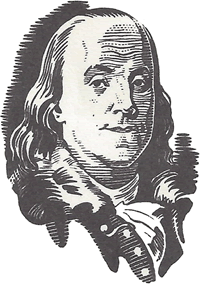 Franklin was also a prolific writer and thinker. His Poor Richard's Almanack, published under the pseudonym Richard Saunders, was a popular annual publication that combined practical advice, humor, and wisdom. His autobiography, The Autobiography of Benjamin Franklin, remains a classic of American literature, offering insights into his life and philosophy.
Franklin was also a prolific writer and thinker. His Poor Richard's Almanack, published under the pseudonym Richard Saunders, was a popular annual publication that combined practical advice, humor, and wisdom. His autobiography, The Autobiography of Benjamin Franklin, remains a classic of American literature, offering insights into his life and philosophy.
Beyond his scientific and political achievements, Franklin was a social innovator. He founded institutions such as the University of Pennsylvania, the American Philosophical Society, and the first public library in America. His ideas on education, civic responsibility, and community welfare continue to influence American society.
Benjamin Franklin died on April 17, 1790, but his legacy as a founding father, inventor, and intellectual giant endures, embodying the Enlightenment ideals of reason, innovation, and public service.
|
 Benjamin Franklin, born on January 17, 1706, in Boston, Massachusetts, was a polymath whose contributions spanned multiple fields, including science, politics, literature, and diplomacy. Franklin's early life was marked by self-education and entrepreneurial spirit. He apprenticed under his brother James, a printer, which introduced him to the world of publishing and literature. By 1729, Franklin had established his own printing business in Philadelphia and became the publisher of the Pennsylvania Gazette, which became one of the colonies' most prominent newspapers.
Benjamin Franklin, born on January 17, 1706, in Boston, Massachusetts, was a polymath whose contributions spanned multiple fields, including science, politics, literature, and diplomacy. Franklin's early life was marked by self-education and entrepreneurial spirit. He apprenticed under his brother James, a printer, which introduced him to the world of publishing and literature. By 1729, Franklin had established his own printing business in Philadelphia and became the publisher of the Pennsylvania Gazette, which became one of the colonies' most prominent newspapers.  Franklin was also a prolific writer and thinker. His Poor Richard's Almanack, published under the pseudonym Richard Saunders, was a popular annual publication that combined practical advice, humor, and wisdom. His autobiography, The Autobiography of Benjamin Franklin, remains a classic of American literature, offering insights into his life and philosophy.
Franklin was also a prolific writer and thinker. His Poor Richard's Almanack, published under the pseudonym Richard Saunders, was a popular annual publication that combined practical advice, humor, and wisdom. His autobiography, The Autobiography of Benjamin Franklin, remains a classic of American literature, offering insights into his life and philosophy. 